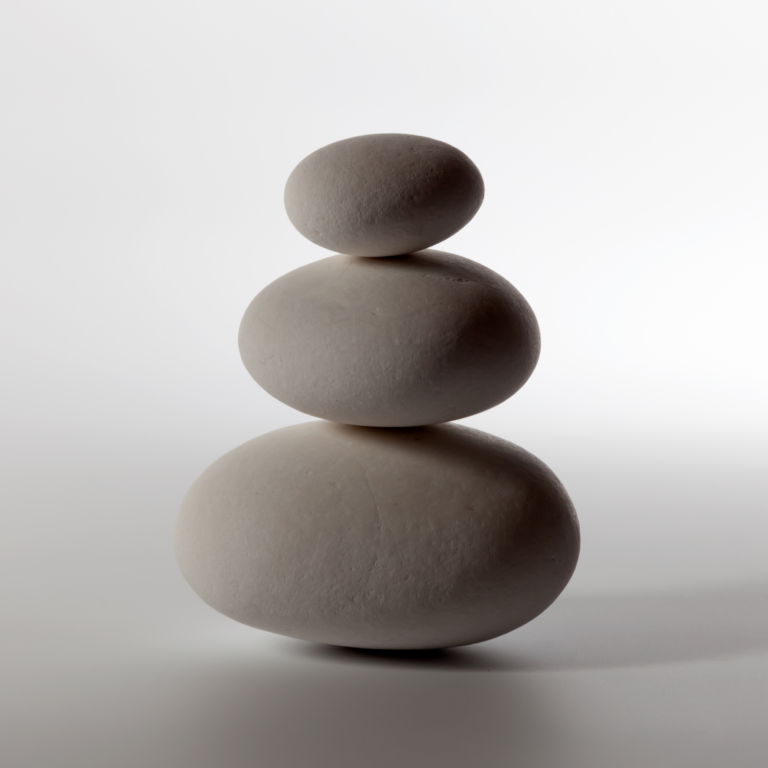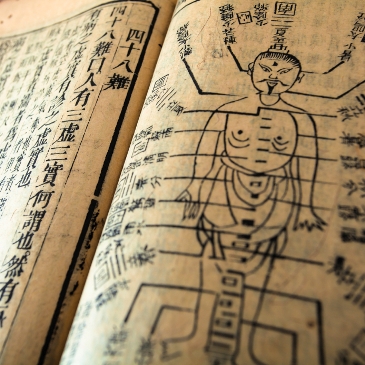The 8 Phrases (八句口诀 or bā jù kǒu jué)
Chinese poetry is not something I am particularly conversant with, but at the core of Zhineng Qigong is a poem known as the 8 Phrases and it has fascinated me for years.
As with all great poetry, the 8 Phrases continues to unfold and provide greater levels of insight the more you work with it, and to that end I don’t want to offer a huge unfolding of the ideas, more of a commentary of them and what the implication of the 8 phrases are for those who engage in qigong.
The poem in its entirety is below:
顶 dǐng 天 tiān 立 lì 地 dì
形 xíng 松 sōng 意 yì 充 chōng
外 wài 敬 jìng 内 nèi 静 jìng
心 xīn 澄 chéng 貌 mào 恭 gōng
一 yī 念 niàn 不 bu 起 qǐ
神 shén 注 zhù 太 tài 空 kōng
神 shén 意 yì 照 zhào 体 tǐ
周 zhōu 身 shēn 融 róng 融 róng
And one of the most commonly used translations is:
Head touching the sky, feet standing on earth
Body relaxes mind expands
Be respectful outside and quiet inside
Mind is clear and appearance is humble
Empty your mind
Mind expands into infinite space
Mind illuminates the body inside
The whole body is harmonised with Qi
So let’s break this down line by line to try and get a better idea of the meaning of each of the 8 phrases:
顶 dǐng 天 tiān 立 lì 地 dì
Head touching the sky Feet standing on earth
While this appears to be an instruction that focuses on posture, with the head touching the sky and the feet standing on the earth, there is a lot more going on here. If you translate this particular phrase you get a literal translation of “able to support both heaven and earth” but the underlying meaning, or idiom, is “of indomitable spirit”.
In addition to this, when we look at Chinese philosophy (both within Daoism and Confucianism) we find the idea that we are connected to both heaven and earth and, depending on your reading of the plethora of texts on this subject, we are born of both heaven and earth. However you read this, it’s a powerful place from which to start practice.
形 xíng 松 sōng 意 yì 充 chōng
Body relaxes mind expands
The literal translation of this phrase does not reveal an underlying meaning in the way that we saw in the first phrase, but the principle is hugely important. The instruction is sequential: allow the body to relax, then allow the mind to expand (I personally prefer the idea of awareness expanding although ‘mind expands’ is a completely accurate translation). You could say that once the body has relaxed, it becomes easy to expand the awareness, and if you’re not sure about this, try holding tension in the body while noticing your environment; it’s a very different experience.
外 wài 敬 jìng 内 nèi 静 jìng
Be respectful outside and quiet inside
As a simple instruction, this sounds straightforward, but when we consider this as a progression from the previous line, this takes on additional meaning. As the awareness expands, are we respectful of what we notice outside? More specifically, are we respectful of everything that comes into our awareness? If we are then the chances are that this respect will create an inner calm, an inner stillness.
This is so much more than a straightforward instruction, this is a skill that we continue to hone and develop, this is an ability that sits at the core of practice.
心 xīn 澄 chéng 貌 mào 恭 gōng
Mind is clear and appearance is humble
As with the previous line, we need to consider this as a progression. The first part of the phrase implies the respect for everything within our expanding awareness allows the mind to quieten, and clarity to appear. The second part of the phrase is a little less clear and the term mào (貌), meaning appearance, may sound like an instruction, but is actually more about the way in which true humility appears or arises.
When I say true humility, I don’t mean that fake humility that we feel is culturally appropriate, or becomes a part of our self image or self worth, I mean a true sense of humility.
一 yī 念 niàn 不 bu 起 qǐ
Empty your mind
The translation of “empty your mind” is very accurate, but this phrase could also be considered to be a subtle form of direction. The character 一 (yī) is the Chinese for the number one, 念 (niàn) is along the lines of read or study, 不 (bu) means no or not and 起 (qǐ) has a sense of appearing, so we could translate this as: not one thought appearing. In this sense, the use of the number 1 also points to a method by which we can clear the mind.
In most meditation practices, the first instruction tends to be to bring focus to a single thing in order to help the monkey mind to focus, once this has been achieved, you can then work on letting go of that one remaining focus and truly empty your mind.
神 shén 注 zhù 太 tài 空 kōng
Mind expands into infinite space
There are many ways of expressing the mind in Chinese, and the term used here is 神 shén, which translates as spirit or soul. While the literal translation could be thought of as the spirit pouring out into outer space, the idea of the mind expanding into infinite space feels like a more helpful way to consider it.
Given the previous instruction to expand the awareness, this instruction may seem closely related, but it’s actually quite different. Our awareness in the second line tends to be of the physical or energetic world, whereas here the mind expansion is about creating awareness of Hun Yuan Qi. Hun Yuan Qi being one of the names given to the unlimited potential from which everything was created and to which everything will return.
神 shén 意 yì 照 zhào 体 tǐ
Mind illuminates the body inside
As with the previous phrase, the mind here can be translated as the spirit or the soul. Having expanded out into infinite space, or hun yuan qi depending on your reading of the previous phrase, the mind is then drawn back into the body to illuminate the inside space.
The space inside us that we are referring to is created by the previous actions, of relaxing the body and clearing the mind, the illumination of this space is allowing ourselves to be filled with the pure potential that is Hun Yuan Qi.
周 zhōu 身 shēn 融 róng 融 róng
The whole body is harmonised with Qi
The usual translation of “the whole body harmonised with qi” is more helpful than the literal translation: Zhōu shēn (周身) being the whole body, róng (融) being harmony and the repetition of the word meaning, very harmonious, but then the questions arise around what is the whole body and what do we mean by ‘harmonised’.
The whole body can be considered to be all aspects of our body, the Jing, Qi and Shen, but there is also potential for this idea to relate to qi field as a whole body (the qi field consisting of many people and/or things that are connected together with a common intent). For an individual, this phrase represents a powerful idea of qi flowing well within their entire body, for a qi field, the same is true but the potential may be even greater.
Too much detail?
It’s interesting to note that a number of the Chinese teachers who we have worked with over the years have spoken about how powerful the 8 phrases are for non-Chinese speaking practitioners and the suggestion is that this is because we do not get so caught up in the meaning and are able to simply enjoy the flow of the sounds and the subtlety of the underlying intention.
While I feel it’s important to know that there is huge potential within the words, we should allow this potential to unfold at the pace that works for us. To this end I would like to offer the following summary of the 8 phrases in just 4 lines:
Take a moment to relax the body and mind
Expand your awareness and observe without judgement
Quieten the mind and connect into unlimited potential
Allow the unlimited potential to illuminate your entire being







